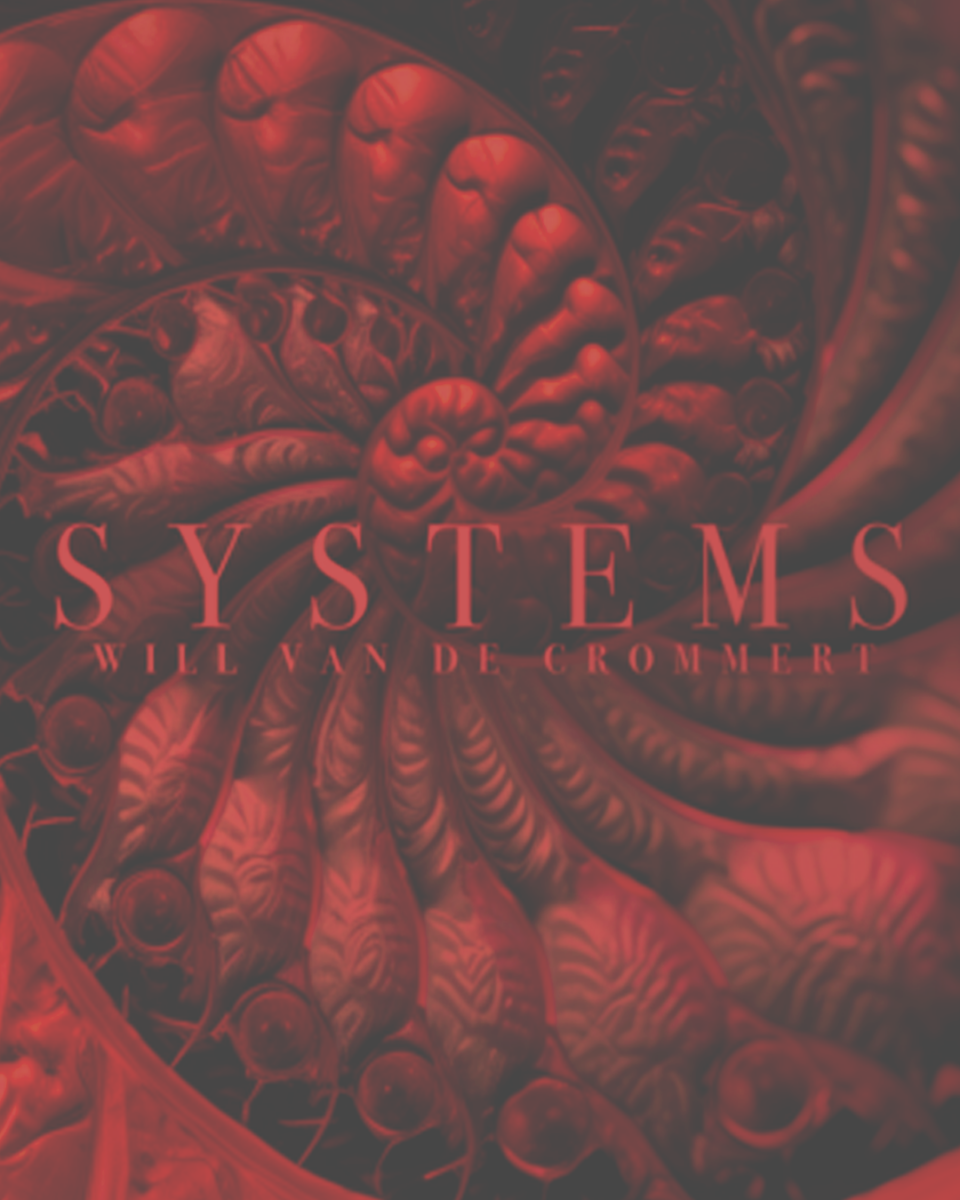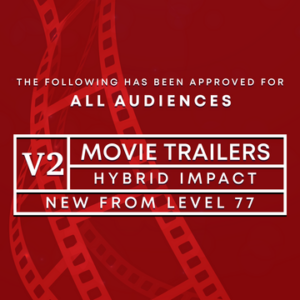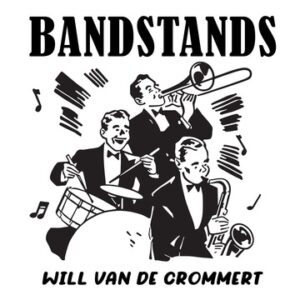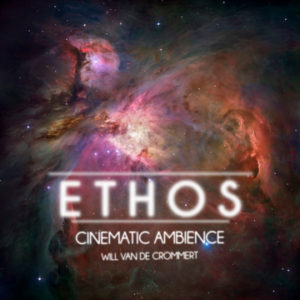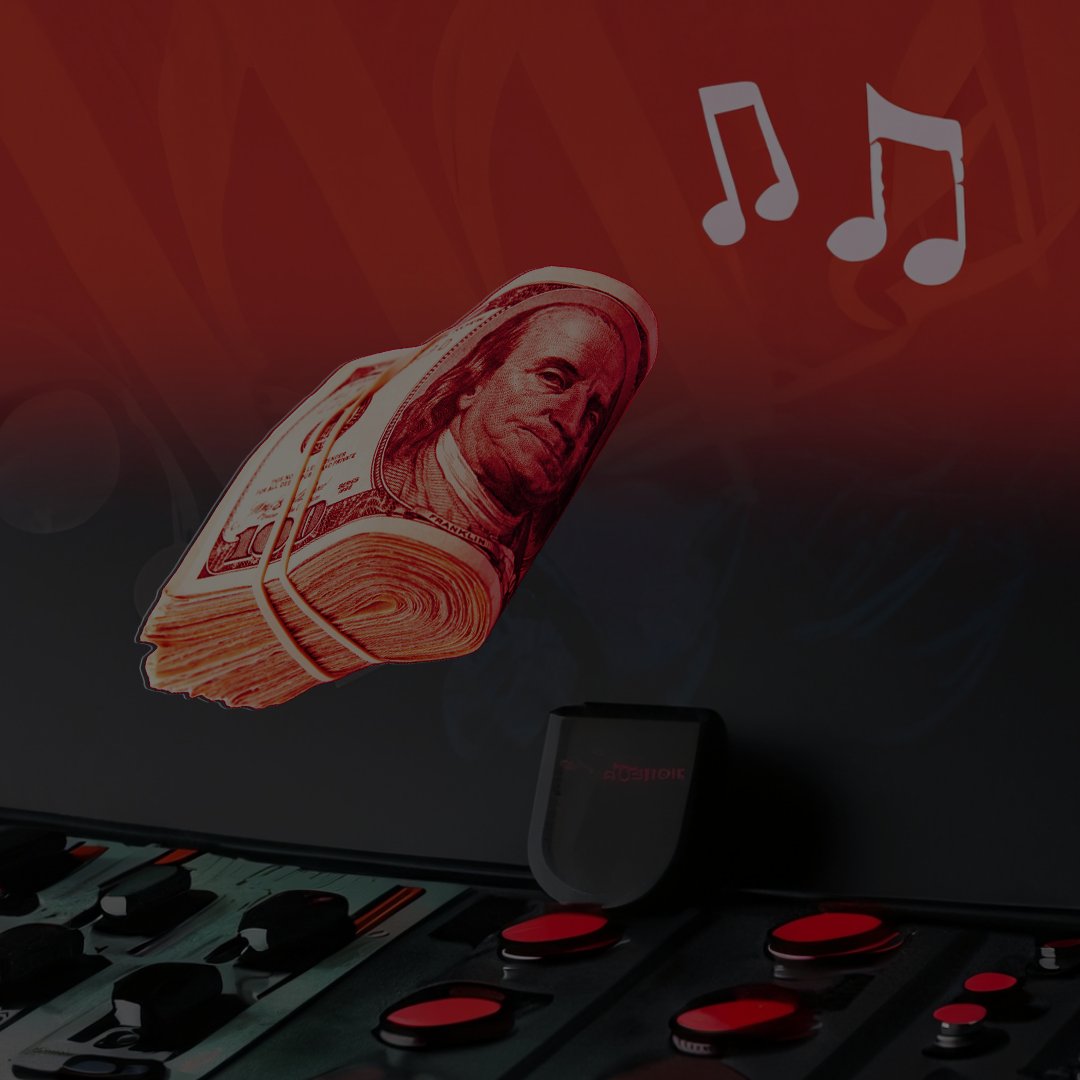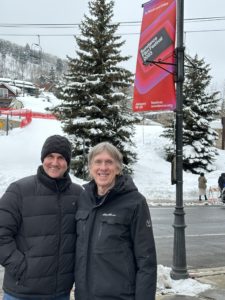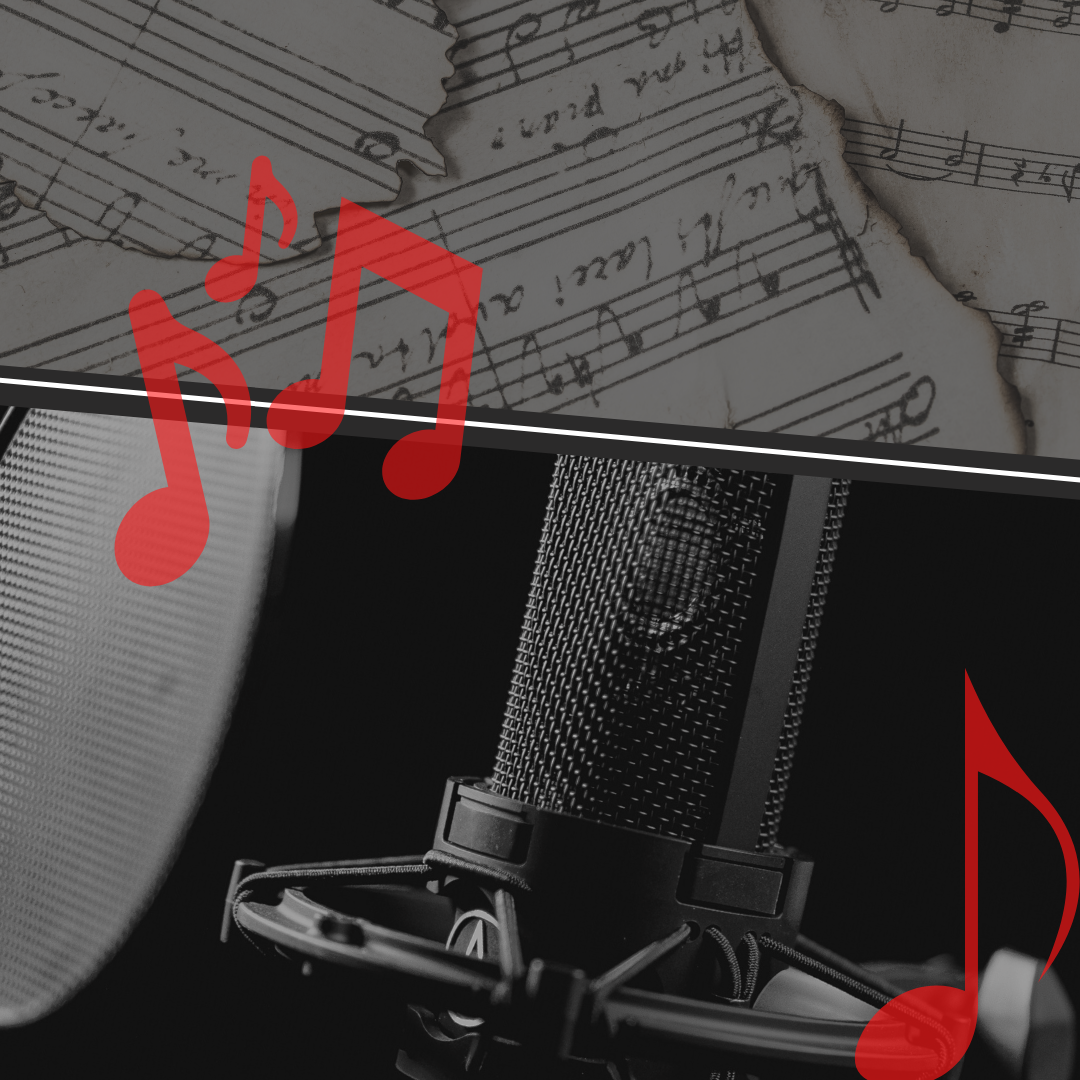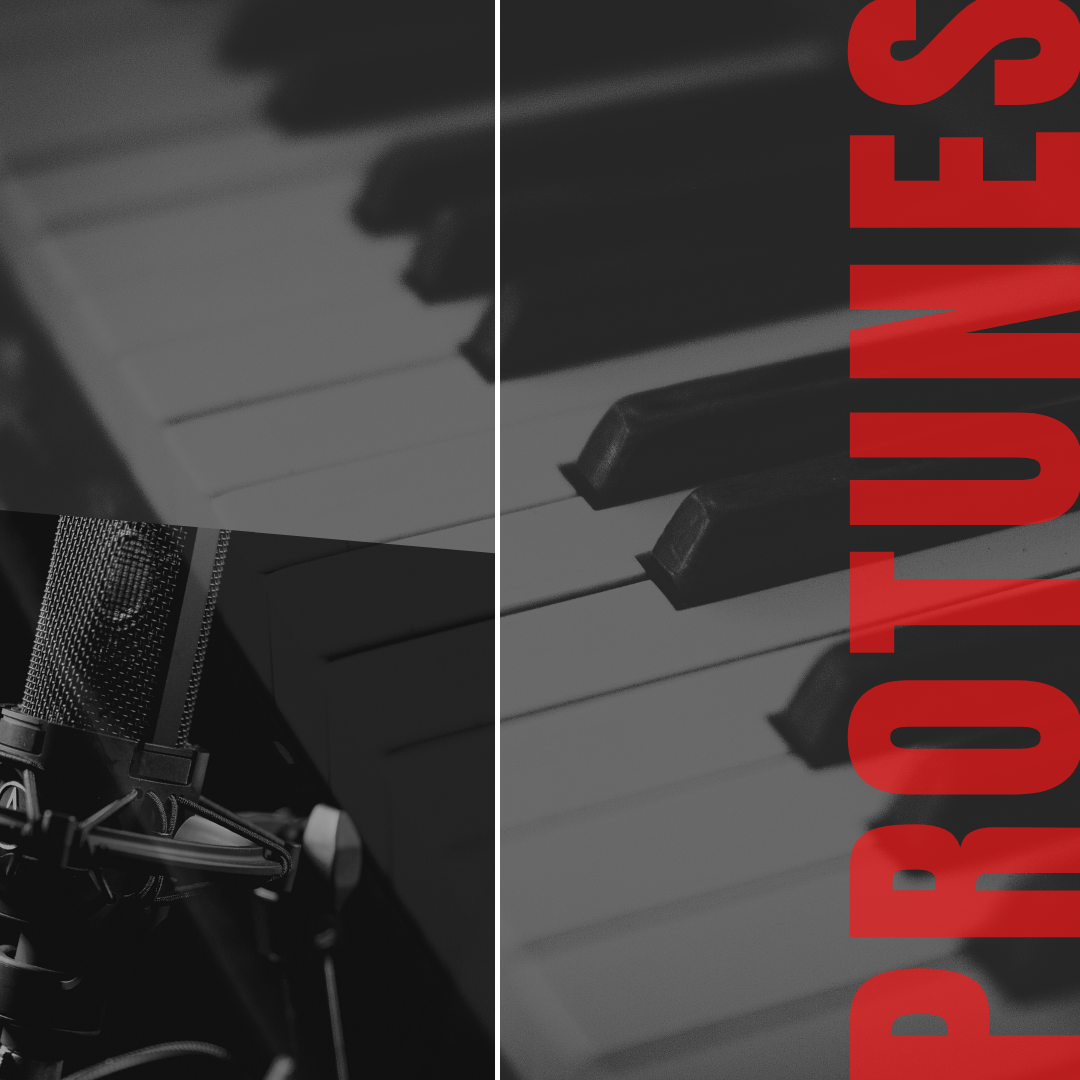Brian Michael Fuller is a well-established media composer for television and film with music features across a myriad of network and streaming channels. Fuller has had over 500 placements ranging from the BBC to the Super Bowl. He has worked on songs for the Emmy-winning show “Born This Way” and has recently produced music for Level 77. Fuller was kind enough to sit down and answer some questions about his craft, his method, and what it takes to be a leading music producer.
How did you get started as a composer?
Like most musicians, my parents bought me random musical instruments when I was a kid for Christmas. I specifically remember getting an old Sears drum kit called the “Golden Beat”. Somewhere in my attic I have a picture of me wearing some sweet late ‘70s clothes in front of that thing ready to rock! I also remember getting a super cheap Casio “sampling” keyboard and I remember figuring out the riff to Dire Straits’ “Walk of Life” and the theme song to Jeopardy. From that point on I knew I had been bit by the musical bug.
Before that, I used to sit in front of my mom and dad’s stereo record player, which was literally six-feet wide by four-feet tall with massive brown speakers and was basically a piece of furniture. It always smelled like Pledge because my mom was always dusting it. I would wear out 33’s and 45’s of Rick Springfield and many of my parents “Jamming to the Oldies” (a compilation album of 1950-60’s hits) holding a tennis racket and pretending that I was a guitar legend. I can still hear “Beep Beep” by the Playmates like it was yesterday. Fortunately, I do not have any pictures of those moments.
I’ve basically been a budding musician all my life. Fast forward many decades until 2015, when I made the conscious decision that I was going to be an actual TV music composer. Once I started to really narrow my focus and eliminate all the other distractions, that’s when I really started to officially become a “composer.” I believe that the mental shift and extreme discipline is crucial and necessary for a musician’s career.
How do you decide the feel of an album before you start?
“Feel” is a great word to use because sometimes as musicians we can get caught up in the technical aspects of what we create. It’s the most important aspect of music for television and sync licensing. This aspect is critical to helping tell the story. As composers, we have a very important role to play to make sure that we feel it’s elevated. Unfortunately, it took me a lot longer to begin to understand this concept. Fortunately, I have amazing non-musicians in my life, such as my wonderful wife, who always reminds me to focus on the feeling or the mood of a track and not simply the technical aspects of it. You never hear normal people say “I love John Williams’ movie scores, they’re so technically well executed.” That’s only what obsessed music nerds like me say.
I always try to make sure that I analyze the brief deeply before I write a single note. I try to make sure that I understand what the client is wanting. Is the music for a specific show that I can go watch to capture the vibe of how they’re used to doing things? If so, then I’ll research that. Before I start a writing session, I’ll write down a specific word and put it in plain sight. As I’m working on the track, I always see that word. Maybe that word is “tense”. From then on, I try to make sure that everything I add to that track feels that way. It helps me stay focused that way the track doesn’t go off the rails and change moods unintentionally.
What is your process like?
I’m a pretty obsessive-compulsive person so my process is pretty methodical and planned out. I try to leave room for creativity when I can, but for the most part, I love spreadsheets, deadlines and schedules. I know that goes against the romanticized views of how a traditional artist works but most of the people that I know that are successful in this business are extremely organized and professional.
From a practical perspective, I usually spend the first few hours of a project just curating sounds and building a template of unique soundscapes and instruments that I feel will accomplish the original vibe of the project. Often, I am working on batches of songs at a time, 5 or 10, so I rarely ever do a project that’s just one track unless I’m writing actual songs with a specific artist, which I seem to do a lot less of these days.
I always try to spend extra time at the frontend preparing the sound pallets and colors. It’s much like the process of scoring films. When you’re done, you want everything to gel and sound like it’s connected and part of the same story. Being really methodical and organized on the front end allows you to ensure that cohesiveness actually happens. Once I have my sound pallet is done, I just start creating with that one-word “feel” or “mood” in mind. I’ll start writing from that point and see how it evolves. I end up either extremely pleased, or extremely disappointed, see “Imposter Syndrome.” Some days you’re the hammer, some days you are the nail.
How do you choose your instruments?
I think it’s important as a composer to use the instruments that you’re really good at playing. For me, I’ve been playing guitar for over 30 years so it would be foolish to not try to include that instrument into what I’m doing. I also play bass and percussion so I like to make sure I’m always adding those instruments live to my recordings. With all of today’s computer technology, it’s super easy for composers to fall into the hole of just using everything in the box. There was an entire year or maybe two where I think I recorded like 40 songs and never used one live instrument. Looking back on my catalog, I believe that was a tremendous mistake. I could’ve added so much more emotion flavor and color by simply adding a few tracks with my fingers on real instruments.
I think a lot of people think that you have to be an amazing musician to record on an album or to record on a track, but that’s just simply not true. Most great songs on the radio are actually really simple musical parts. Unless you’re listening to jazz or progressive rock you don’t have to be a virtuoso to throw down a basic G, C,D, Em progression on an acoustic guitar. Having said that, I have found that my best instrument of all is my DAW. I currently use Logic Pro X and Digital Performer. If you get really good at editing, you can pretty much play any instrument you have. I actually played live clarinet on a few tracks I made earlier this year with a clarinet I bought on Amazon for $40. I literally watched a couple YouTube videos to figure out how to make a sound and then I sampled myself playing it. I thought I was gonna die because it was so hard to make a note but once I was done and did all the magic editing, it actually sounded really cool and added a lot of character to the recording.
Obviously, the genre you are working and is going to determine a lot when it comes to the actual instrument selection. If I am working on crime dramatic tension, I know that I am going to use a lot of sound design drones and strings. Probably not much harmonica or banjo in there! I may use my guitar for really ambient sound effects or string resonance. Playing traditional chords over that would sound really wonky and weird and would not accomplish the vibe of the track. Using our physical instruments, including your voice, in a creative way is very important. I just try to always ask myself, “I wonder if I could squeeze my guitar into the song somehow?” Then I try stuff until I come up with something that works.
That’s why workflow is so important. Everything in my studio is always hooked up and ready to go. I used to keep my guitars upstairs in my closet but because of that I never used them! Now they are all right in front of my face so it only takes me about 30 seconds to grab one, arm a track and get creative!
How long does it take you to create an album?
It usually takes the exact amount of time between the project’s start until the day before the deadline. Just kidding! But seriously, Parkinson’s Law is the old adage that the work expands to fill the time allotted for its completion. This can be really true in music because our art is never really done – it’s just “due”. There’s an amazing quote by Duke Ellington that goes: “I don’t need time. What I need is a deadline.”
As artists, the best thing we can have for our careers is an actual due date. Otherwise we will get lost in the never ending pursuit of perfection and creativity. In sync music, the goal is to provide usable content for the end-client, not to make masterpieces every day. Our music serves a very specific purpose and a big part of that purpose is to be on the right person’s hard drive on the day that they need it. I always try to make sure that the tracks I’m composing are creative, unique and usable. But the most important quality is that they are finished! Otherwise, I’m just a hobbyist.
What was your approach with True Crime for Level 77?
Since this was my first album with Level 77, I wanted to make sure that I delivered something that was on par with the expectations Level 77 had for it. Jason Rudd and I spent quite a bit of time on the phone getting to know each other and talking about the vision for the album. Jason was super helpful in giving me direction and setting the expectations for what the project needed to be.
The last couple years I’ve been doing a lot of crime music so I knew it was in my wheelhouse. I already had a lot of direction for what I thought would work for the genre, but every time you start a new album you have the fear of wondering if you’re going to be able to deliver. So when I started this particular project I made sure that I created some really cool fun sounds that I had never used before. I wanted to make sure that at the end of the project it was something we were proud of and was usable for the end user client. Jason and I discussed a lot of words like fear, mystery, unsolved, dark, unsettling, and rarely if ever discussed actual musical terms. That helped guide the process and I think we ended up with some really cool stuff.
It’s easy to forget just how many sub-genres there are. Some people may just call it “Crime Music” but in reality, for the composer, there are about 100 sub-genres of crime. Is it murder mystery, is it investigative, is it documentary style, is it cyber-crime, is it espionage? There are so many creative options. The moment a composer adds a pulsing analog synth, it starts to go in one certain direction. Having a sense of vision for each project is critical. Otherwise, the music can get too sparse and lose its impact.
What are some recent placements that you’re proud of?
Every single new placement is like Christmas morning! Now, I start to get disappointed if I get less than one to two new placements per week. I guess I have become spoiled. Like a kid who gets too many presents!
I’ve dreamed about having success as a composer so I will never forget my very first placement which was on a show called “Keeping Up With the Kardashians” on E! in 2016. I got a phone call from my friend Joy Basu informing me of our first placement. It was a pretty exciting time and was a very affirming moment in my career. I was sitting in my living room with my wife and we were both pretty stoked. It solidified that maybe I was on the right track, but in reality, it was only the beginning of all the hard work that would follow. Ironically, I had never watched that show. But millions of other people have so it’s a really cool feeling. LOL.
After that, I just thought to myself, “OK I need to make about 1000 more of these!” And that’s what I’ve been doing ever since. It really is a cool feeling every time you realize that your music is being broadcast to millions of people. You’re helping tell the story of some creative person and they’re using your music to do it. Here I am just a father-of-four in Chapel Hill, North Carolina pumping out music in my home studio that’s being aired all over the world. It’s very inspiring.
My favorite placement to date however, is my track that was used in Super Bowl 55. It was a rock track that I did with my friend and collaborator, Stevie Benz. Wow, that was a crazy moment especially because I am a huge NFL fan AND I was watching the game with my entire family. We all got to hear my track in real-time and my kids were so
excited!!! They were literally jumping up and down.
Over 96 Million People heard that track all at once! What a cool feeling. That track has since been used in countless NFL games including this past year’s AFC Championship game on CBS Sports where my beloved Cincinnati Bengals beat the Kansas City Chiefs to secure their spot in the Super Bowl for the first time in 33 years!!! That was like a dream come true. Too bad they ended up losing to the Rams by three points but there’s always next year!!! And with our newly upgraded offensive line, it may happen! But I digress.
What do you feel it takes to be a successful composer in the modern world of music?
I think the most important thing is to have a PLAN! It sounds uninspiring and non-musical and every artist and composer reading this is probably like, “Wow, what a lame answer.” But it is so true. Of course you need to have musical skill, but that is a craft you develop overtime. A goal without a plan is just a dream. If you really want your dreams to come true you have to put it into action.
If I could inspire anyone who is reading this that wants to be successful as a music composer, I would encourage you to read a few books about developing business strategies, managing budgets, and discovering your passions. There are thousands of ways to be successful in the music business. Most likely, each person needs to carve out what that specific thing is for them. It looks different for everyone. But there is room for us all!
I used to call myself a songwriter until one day I woke up and realized I wasn’t really writing songs. I just liked the idea of being a songwriter more than the idea of delivery pizzas and managing restaurants. In my early days of living in Nashville, I met many people who were professional songwriters. I realized that these people literally wrote 2 to 3 songs a day no matter what. It’s not what they called themselves, it was actually who they were and what they were doing. They were songwriters. Calling yourself something and being something are two different things.
In 2015, when I decided that I was going to actually legitimately pursue being a professional composer for TV and Film, I made the conscious decision that I was going to compose music every week, if not every day, from that point on. That’s when everything started to shift for me. If you want to do this for a living, you must consider yourself a business, not a musician. In order for a business to be successful, it needs a budget, a plan, a vision and a mission statement as well as solid boundaries for what you will do and what you will not do. If you don’t have each of those things figured out for your life, written down, start today.
Most importantly, make sure that all of your plans and your goals are measurable. So many artists are banking their career on things that they can’t control. That is not a formula for success. No one is going to hand you something for free and very rarely are you just simply going to be discovered for your awesomeness. You need to carve out a path for yourself and you need to make goals that are achievable, realistic, measurable and within your control. The biggest competition is going to be yourself. That’s what I’m learning every day.
Thank you so much to Fuller for being willing to give us his time and talents. We cannot wait to hear his newest compositions and experience his latest placements! If you want to get in touch with Brian Michael Fuller, please visit his composer website: www.fullertime.com.
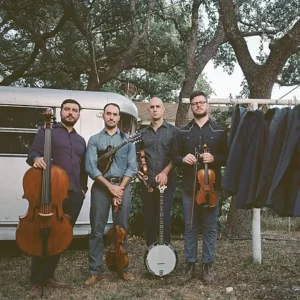 Invoke is a genre-defying, multi-instrumental string quartet known for blending classical, folk, bluegrass, Americana, and other styles into a unique contemporary repertoire. They have held prestigious residencies, won numerous competitions, and performed at renowned venues like Carnegie Hall and Lincoln Center. Invoke is also dedicated to educational outreach, conducting workshops and masterclasses nationwide. Their innovative approach and artistic excellence continue to break boundaries and resonate with diverse audiences. To read more about Invoke visit their site here
Invoke is a genre-defying, multi-instrumental string quartet known for blending classical, folk, bluegrass, Americana, and other styles into a unique contemporary repertoire. They have held prestigious residencies, won numerous competitions, and performed at renowned venues like Carnegie Hall and Lincoln Center. Invoke is also dedicated to educational outreach, conducting workshops and masterclasses nationwide. Their innovative approach and artistic excellence continue to break boundaries and resonate with diverse audiences. To read more about Invoke visit their site here
